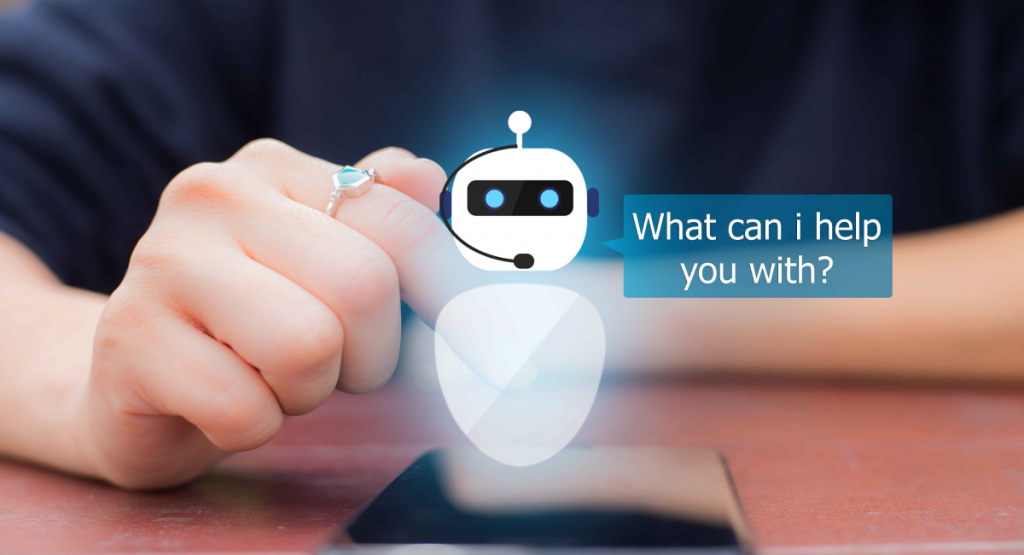1. Introduction to AI in Digital Marketing
Ah, the wonders of artificial intelligence (AI). Can you believe we once lived in a world without Siri, Alexa, or personalized Netflix recommendations? In the ever-evolving realm of digital marketing, AI is making quite the splash. But with all great innovations come, well, a few hiccups. Let’s dive into the opportunities and challenges AI presents for the digital marketing world.
2. Personalization on Steroids
Ever been on a website and felt like they read your mind? That’s AI-driven personalization for you. It tailors user experience, analyzes past behaviors, and predicts future actions. Brands can now interact with customers in a manner that feels intimate and unique to them.
However, too much personalization can feel intrusive. There’s a fine line between “Oh, that’s exactly what I wanted!” and “How do they know so much about me?” Balancing this line is the challenge.
3. Chatbots: The 24/7 Customer Service Rep

Chatbots, thanks to AI, are the sleepless customer service reps of the digital age. They answer queries, solve issues, and even upsell products. For brands, it’s a win-win: less human intervention, more efficiency.
But are they flawless? Nope. They can sometimes provide irrelevant answers or misunderstand context. Remember, a bot’s not a human, no matter how smart we make them.
4. Predictive Analysis: Predicting the Future, Almost
With AI’s predictive analysis, marketers can anticipate trends and user behaviors, making campaigns more effective. It’s like having a crystal ball but for marketing.
On the flip side, over-reliance on predictive analytics can stifle creativity. If we always play by what the data predicts, we might miss out on innovative, outside-the-box ideas.
5. Content Creation: The Machines are Writing
From simple news articles to financial reports, AI tools like GPT-4 can craft content. This means brands can produce content faster and sometimes more accurately.
But, and it’s a significant but, AI can’t yet fully understand human emotions and nuances. The heart, soul, and personal touch a human writer brings? That’s irreplaceable.
6. Visual Recognition: Seeing Beyond the Image

AI can now ‘see’ and ‘understand’ images. This visual recognition helps in better ad placements, user engagement, and even fraud detection. Imagine an AI tool scanning Instagram photos and tailoring ads based on them.
However, there’s the challenge of misinterpretation. A picture might mean one thing to AI and a completely different thing to us humans. And mistakes can be costly.
7. Seamless Voice Search
“Hey Siri, how’s the weather?” Voice search, powered by AI, has changed how consumers seek information. For marketers, this means adapting SEO strategies to be more conversational.
But, mastering voice search optimization is still a challenge. Local dialects, slangs, and voice nuances can often throw AI off track.
8. Enhanced Data Analysis
AI can process and analyze data at mind-boggling speeds, uncovering insights humans might miss. This means smarter marketing strategies and better ROI.
But here’s the catch: What if the data input is flawed? Garbage in, garbage out. AI can only be as good as the data it’s fed.
9. Ethical Considerations: The Elephant in the Room
AI has the power to transform digital marketing. But with power comes responsibility. There are concerns about privacy, data misuse, and even job losses. Marketers need to tread cautiously, ensuring they use AI ethically and responsibly.
Explore the rest of our website Tech Glints, intriguing articles await you! Interested in contributing? Simply click the contact button at the top right. Thank you!
